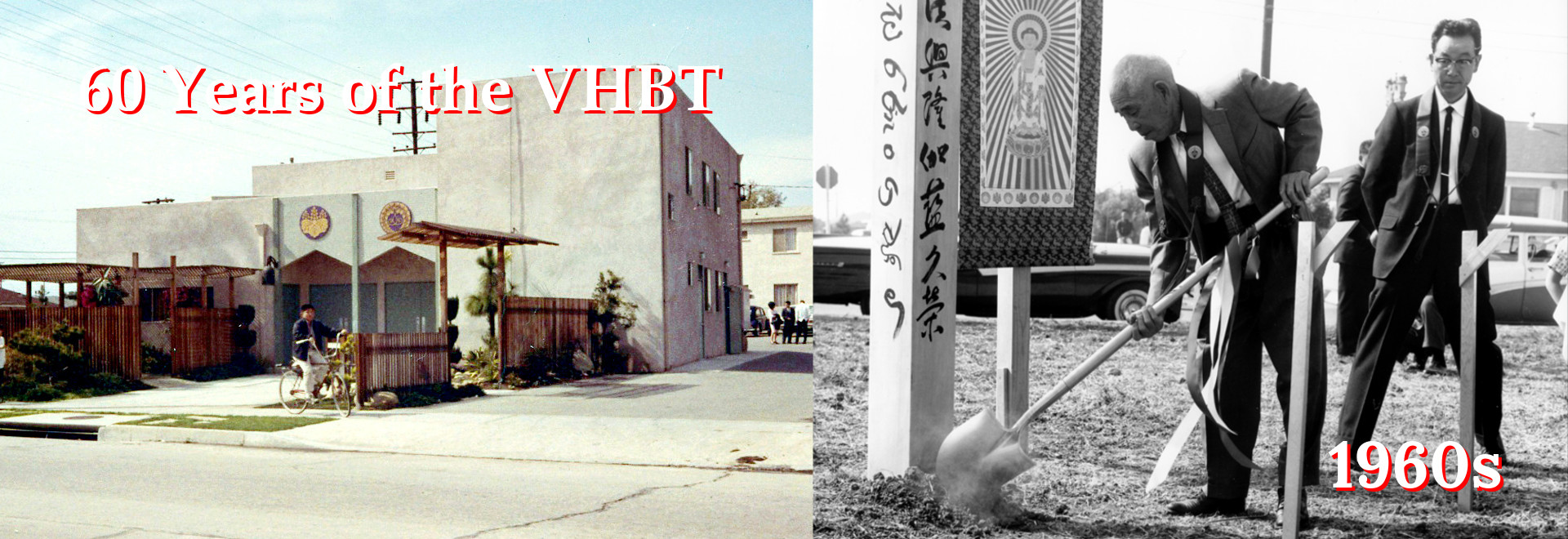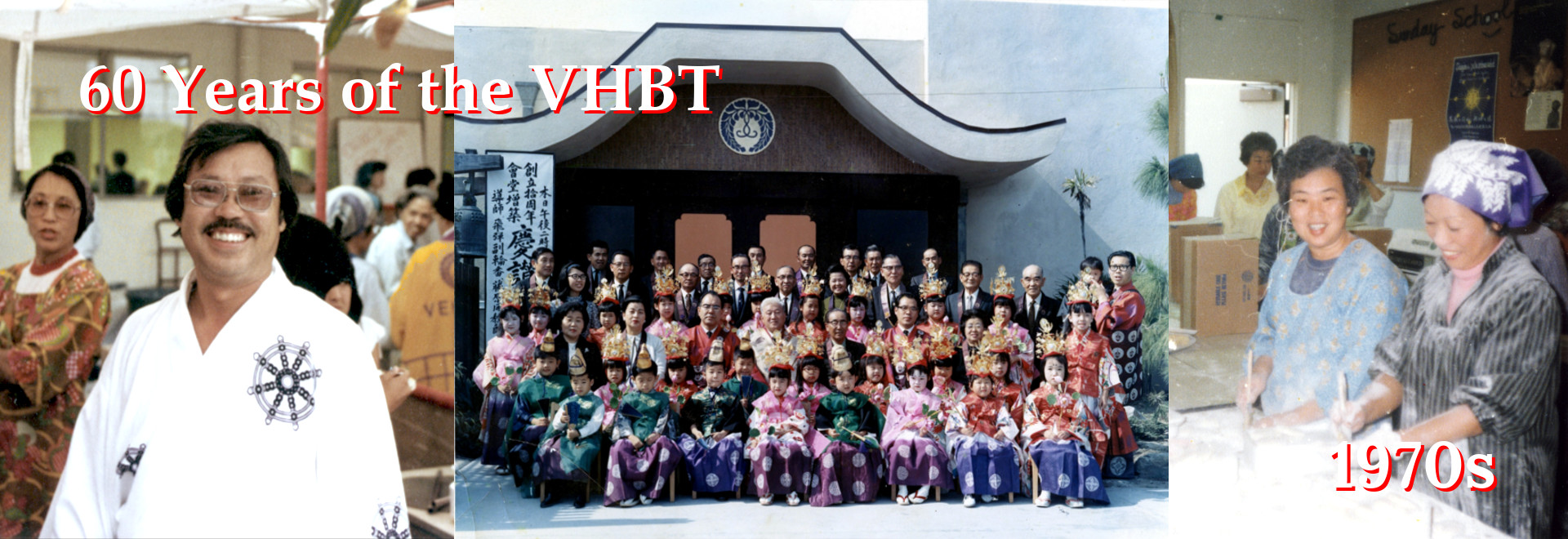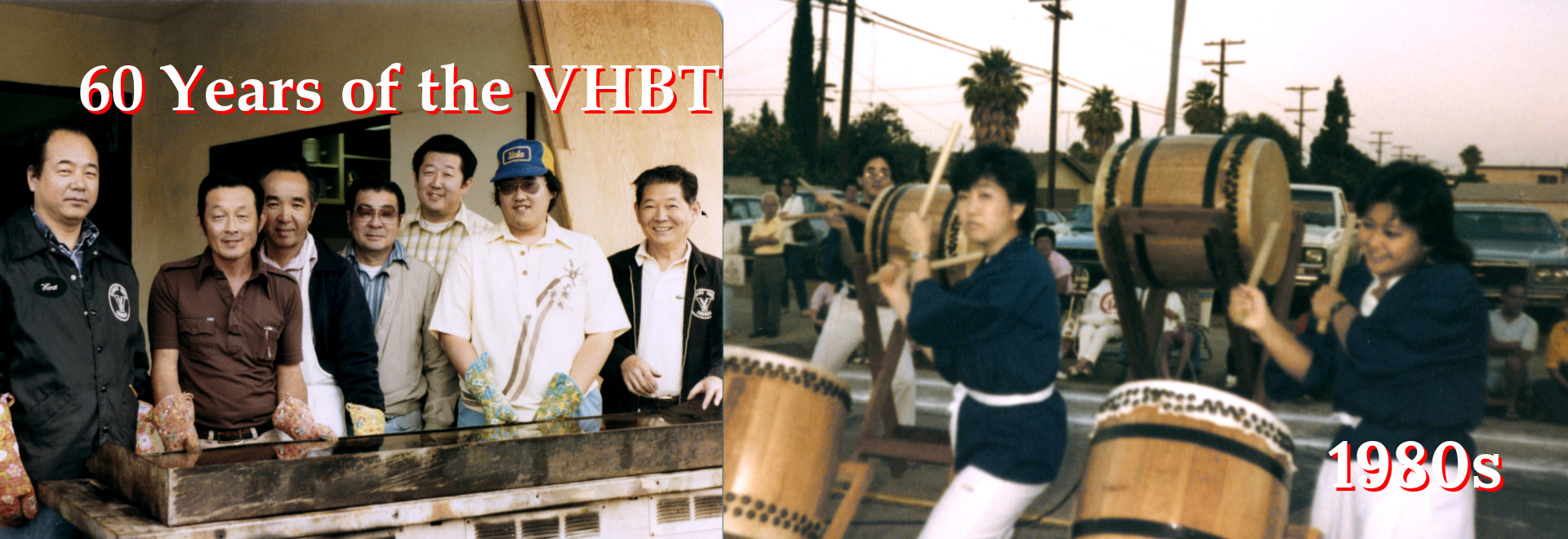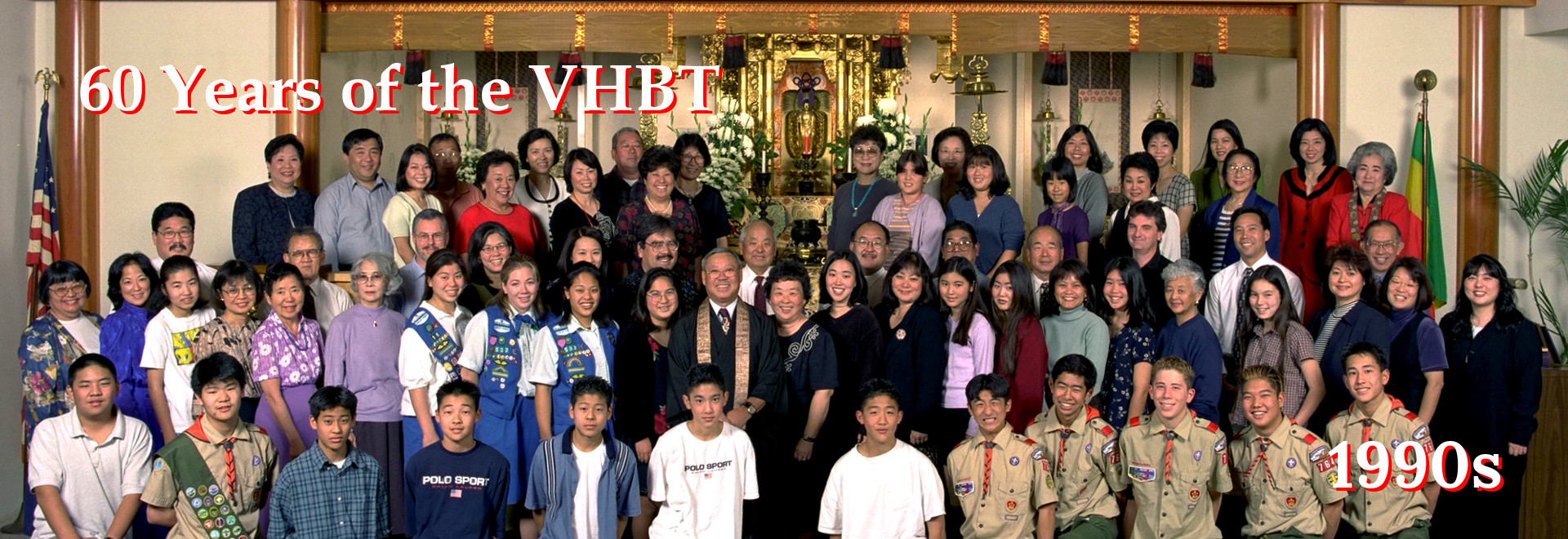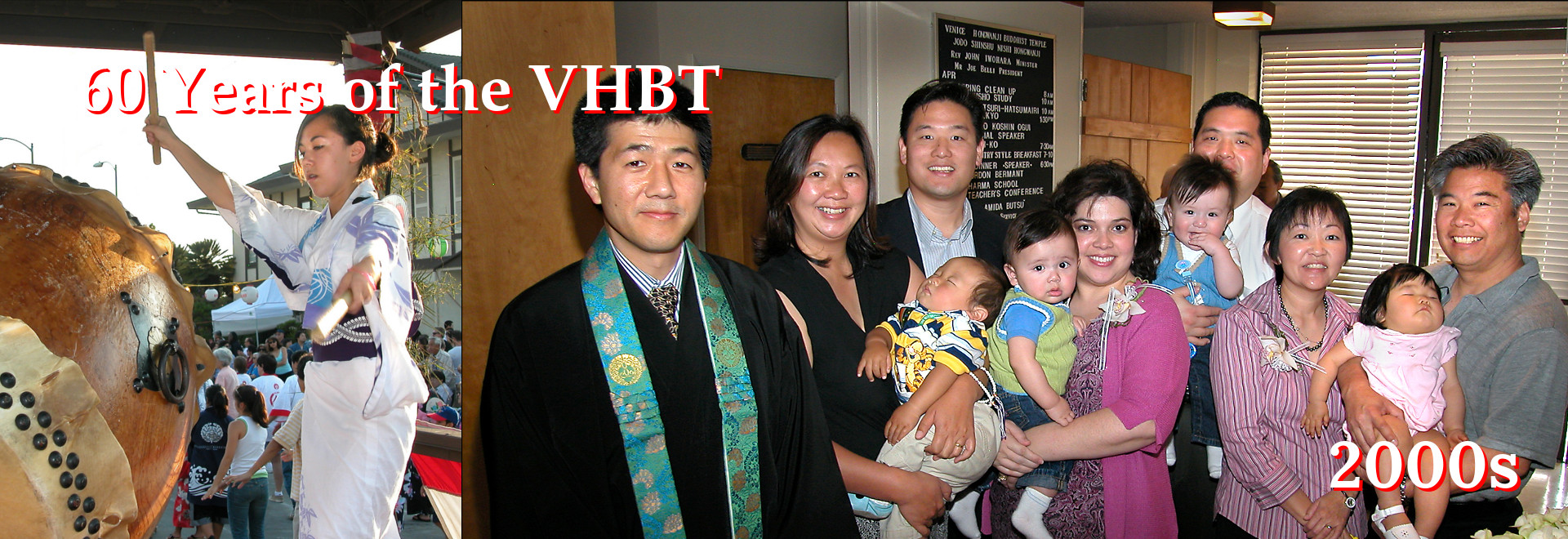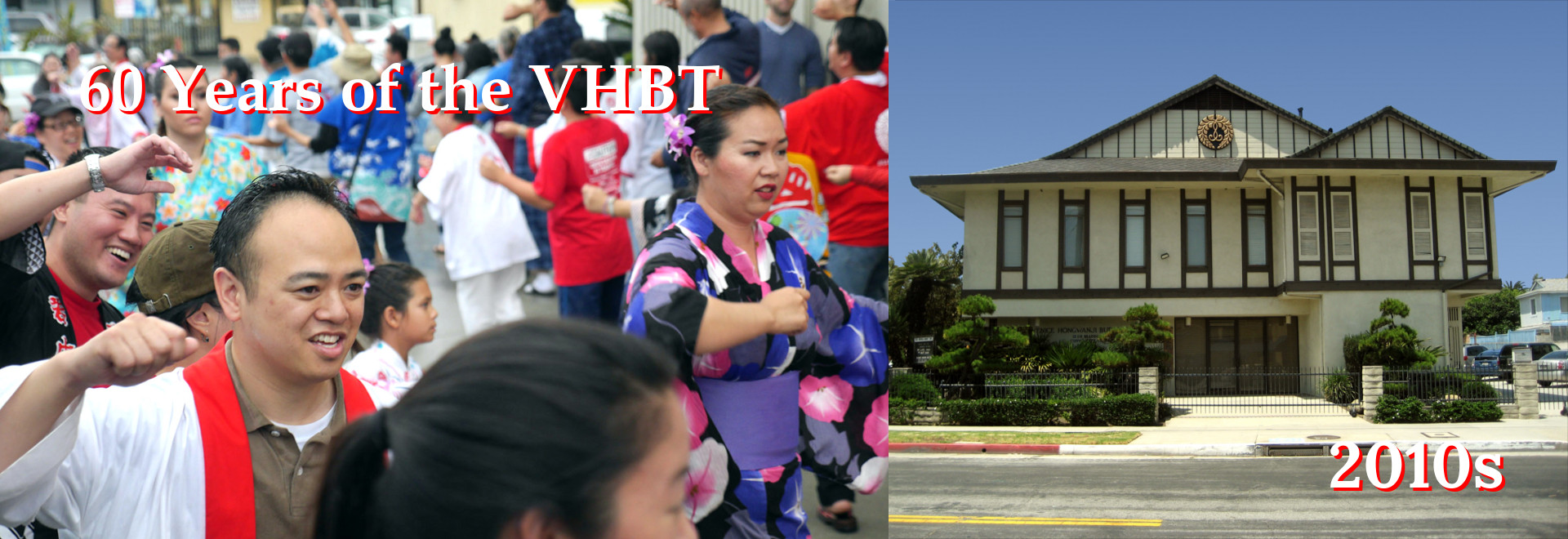The heart is a fickle thing. Although even as a child I never really liked the idea of having to get up an hour earlier just because it was spring, and as I grew older I felt somewhat validated after learning that not all cultures took the trouble of moving their clocks either forward or backward an hour, I also began to recognize that my perception of time has changed, ironically enough, over time. While younger it seemed that I used to think I would always have all the time in the world to do things. Homework, for example, was something that could always be done later. The seconds, when I would take the time to count them, would always last, it seemed, forever. The last five seconds of school before summer vacation sometimes seemed almost as long as summer vacation itself. Time was something that took “forever.”
Now that I am much older and summer vacation a thing of the forgotten past, the seconds seem much heavier but at the same time much more fleeting. Seconds no longer seem to last forever. Now, I don’t seem to have enough of them however many I might have. The world, it seems, no longer wishes to share its time with me. The things that could always be done later now seem like they have to be done earlier, so much earlier now that instead of being due tomorrow everything seems like it was due yesterday. The last five seconds, the seconds we would cavalierly count down for dramatic emphasis before throwing up the winning shot we were sure to make, is now a pressure filled, eyebrow sweat producing race to get all the piles of things done before the buzzer tells us, “You are too late.” When did time become so heavy? When did it become so short?
Or, did it? Have the seconds really become shorter? The obvious answer is, no. It is my heart that has changed. It has changed so much that the seconds that used to last forever have now become my judge and tormentor. But the seconds really don’t care about the status of my heart. All they are really interested in doing is counting the passing of time in a steady and constant fashion. It is neither friend nor foe. My heart is what has transformed. The heart is a fickle thing.
Given how fickle my heart is, is it really something that I can rely on given that it is something that can transform what was once an innocuous, gentle thing into a judgmental and harsh reality? What heart can stay constant? What heart can stay pure? In relating to us the heart of Amida Buddha in fulfilling his Vows, Shinran Shonin writes:
“…when the Tathagata, in profound compassion for the ocean of all sentient beings in pain and affliction, performed bodhisattva practices for inconceivable millions of measureless kalpas, there was not a moment, not an instant, when his practice in the three modes of action was not pure, or lacked this true mind.”
(Collected Works of Shinran, p. 95)
Given that, at the very least, we can imagine this kind of heart, a heart (mind) that can stay constant and pure, can someone like myself ever learn to emulate it? Shinran Shonin responds by telling us this is not really something we need to worry about:
“With this pure, true mind, the Tathagata brought to fulfillment the perfect, unhindered, inconceivable, indescribable and inexplicable supreme virtues. The Tathagata gives this sincere mind to all living things, an ocean of beings possessed of blind passions, karmic evil, and false wisdom. This mind manifests the true mind of benefiting others.”
(ibid)
It is the heart or mind of the Buddha that is constantly thinking of me. I am a person who at one extreme can see time as lasting forever and being so abundant that it didn’t really matter, to the other extreme of seeing time as being so short that it can run out at any time. I spent my time either not caring or panicking. The Buddha, on the other hand, used all that time to think of me and insure that I would be able to fully appreciate and participate in my life with humility and gratitude. This, to me, is important because whereas my heart may be a fickle thing, my life is not.
Rev. John Iwohara
March, 2013
